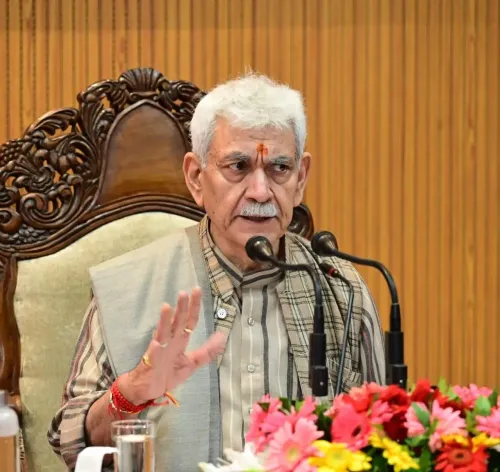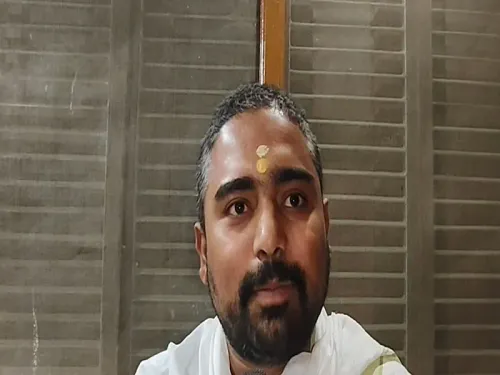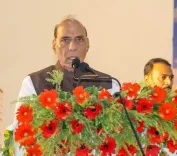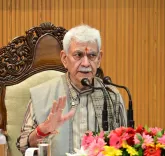Will CM Stalin Unveil a New Scheme for Ration Delivery to the Elderly and Disabled?
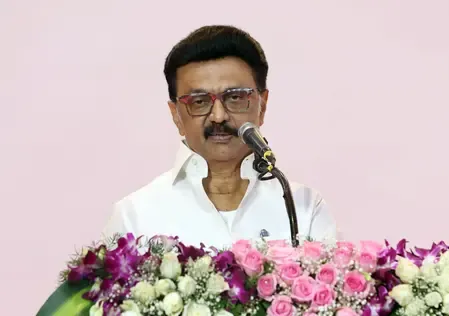
Synopsis
Key Takeaways
- Launch of the Thayumanavar Scheme aims to provide essential goods to the elderly and disabled.
- Direct delivery of commodities enhances convenience and food security.
- Approximately 21.7 lakh individuals will benefit from the initiative.
- Deliveries scheduled for the second weekend of each month.
- Focus on accessibility for vulnerable populations is crucial.
Chennai, Aug 12 (NationPress) The Chief Minister of Tamil Nadu, M.K. Stalin, is set to introduce the 'Chief Minister’s Thayumanavar Scheme' today, a groundbreaking welfare program aimed at providing essential goods directly to the doorsteps of senior citizens over 70 years old and individuals with disabilities.
This initiative is crafted to ensure that the most vulnerable members of society can access their entitlements from the Public Distribution System (PDS) without the need to travel to fair price shops. Beneficiaries will receive their monthly supply of rice, sugar, wheat, palm oil, and toor dal—key items supplied under the PDS—right at home.
As per official statistics, Tamil Nadu has approximately 2.26 crore ration cards corresponding to a population of about seven crore. Of these, 16.73 lakh ration cards benefiting 21.7 lakh individuals will qualify for the Thayumanavar Scheme. This includes 15.81 lakh family ration cards with at least one elderly individual, serving 20.42 lakh beneficiaries, as well as 91,969 ration cards for households with disabled members, aiding an additional 1.27 lakh people.
The state government approved this plan earlier this year, and deliveries will now occur on the second Saturday and Sunday of each month.
Personnel from the Co-operation Department, associated with local ration shops, will transport these goods using mini-vans and other vehicles equipped with point-of-sale (PoS) systems and weighing scales.
Beneficiaries will get their goods delivered after Aadhaar authentication at their doorstep.
Officials mentioned that this scheme will be particularly beneficial for households where all members are over 70 years old without any adult under 18, as well as homes where all members are disabled or where only one member is disabled and no other adult is present.
By removing the need for vulnerable citizens to visit ration shops, this initiative aims to improve both convenience and food security.
“The Thayumanavar Scheme will simplify life for elderly and disabled individuals who struggle to collect their rations in person. It will ensure their uninterrupted access to essential commodities,” stated an official from the Co-operation Department.
The government anticipates that this monthly service will not only enhance the quality of life for these demographics but also establish a benchmark for inclusive welfare delivery throughout the state.



